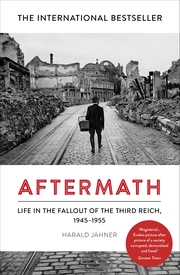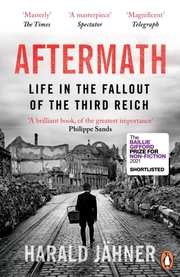Beschreibung
This book offers a unique perspective on contemporary Polish cinemas engagement with histories of Polish violence against their Jewish neighbours during the Holocaust. Moving beyond conventional studies of historical representation on screen, the book considers how cinema reframes the unwanted knowledge of violence in its aftermaths. The book draws on Derridean hauntology, Didi-Hubermans confrontations with art images, Levinasian ethics and anamorphosis to examine cinematic reconfigurations of histories and memories that are vulnerable to evasion and formlessness. Innovative analyses of Birthplace (oziski, 1992), It Looks Pretty From a Distance (Sasnal, 2011), Aftermath (Pasikowski, 2012), and Ida (Pawlikowski, 2013) explore how their rural filmic landscapes are predicated on the radical exclusion of Jewish neighbours, prompting archaeological processes of exhumation. Arguing that the distressing materiality of decomposition disturbs cinematic composition, the book examines how Polands aftermath cinema attempts to recompose itself through form and narrative as it faces Polish complicity in Jewish death.
Autorenporträt
Matilda Mroz is Lecturer in Film Studies at the University of Sydney, Australia. Prior to this she was a Senior Lecturer at the University of Sussex, a British Academy Mid-Career Fellow and Research Fellow at the University of Cambridge. She is the author of several works on cinema, including Temporality and Film Analysis (2012).
Herstellerkennzeichnung:
Springer Verlag GmbH
Tiergartenstr. 17
69121 Heidelberg
DE
E-Mail: juergen.hartmann@springer.com





































































































